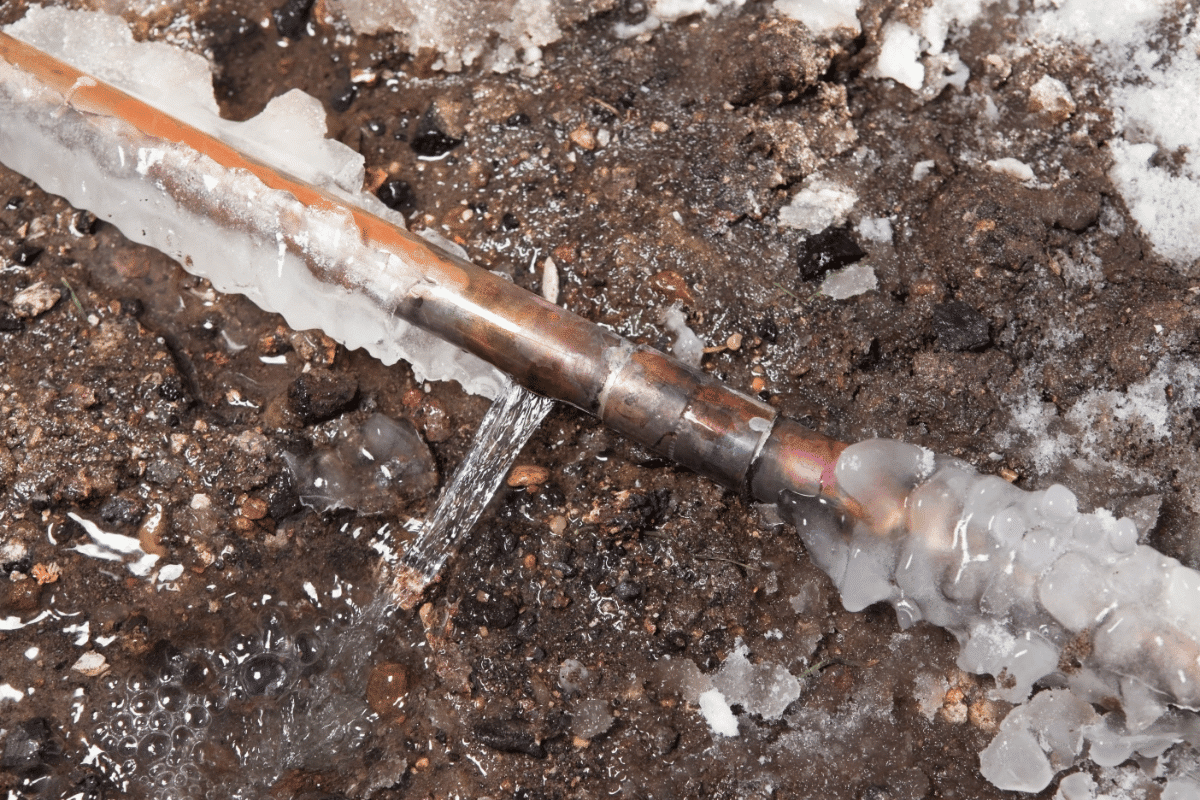October 28, 2025
Plumbing Idaho: Top Tips Every Homeowner Should Know Before Winter Hits
As winter approaches, Idaho homeowners know that the cold can be beautiful—but also brutal on plumbing. When temperatures drop below freezing, even small plumbing issues can turn into expensive repairs overnight. At Sermon Service & Electric, we help families across Eastern Idaho keep their homes warm, safe, and damage-free. Here are some of our best plumbing Idaho tips to prepare your home before winter hits.
1. Insulate Your Pipes Before the First Freeze
One of the most common winter plumbing problems is frozen pipes. When water freezes, it expands, putting pressure on the pipe walls and leading to costly bursts.
Pro tip: Focus on pipes in unheated areas like basements, crawl spaces, garages, and exterior walls. A little insulation goes a long way toward avoiding a mid-winter plumbing emergency.
-
Use foam pipe insulation sleeves or heat tape.
-
Seal any gaps or cracks that let cold air in.
-
Don’t forget outdoor spigots and hose bibs.
2. Disconnect and Drain Outdoor Hoses
Outdoor plumbing often gets overlooked—but it’s one of the first places freezing starts. Leaving hoses attached traps water in the line, which can freeze and back up into your home’s plumbing.
-
Disconnect all hoses.
-
Drain them fully.
-
Shut off the outdoor water supply if possible.
-
Cover exterior faucets for extra protection.
This simple step can save hundreds (even thousands) in potential damage.
3. Keep Water Moving
Water that’s sitting still is more likely to freeze. If temperatures are expected to drop below freezing overnight, let your faucets drip just slightly. This small, steady flow keeps water moving through your pipes, lowering the risk of freezing.
Bonus tip: Keep cabinet doors under sinks open to let warm air circulate around exposed plumbing—especially on exterior walls.
4. Know How to Shut Off Your Main Water Valve
If a pipe does burst, every second counts. Shutting off your main water supply can minimize flooding and water damage before help arrives.
Take a few minutes to:
-
Locate your main shut-off valve.
-
Make sure it’s easy to access.
-
Test it before winter to ensure it’s working properly.
A quick response can mean the difference between a small cleanup and a major home repair.
5. Schedule a Pre-Winter Plumbing Inspection
Even if your plumbing seems fine, hidden issues can turn into big problems once temperatures plummet. A professional inspection can catch small leaks, weak pipe joints, or aging components before they fail.
At Sermon Service & Electric, we offer plumbing Idaho inspections designed to make sure your system is ready for the season. We’ll check key areas, recommend preventive measures, and make sure your home is prepared for anything winter throws at it.
6. Seal the Gaps That Let Cold Air In
Cold drafts can wreak havoc on pipes tucked inside walls or crawl spaces. Use weather stripping, caulk, or insulation to seal gaps and cracks around windows, doors, and foundation areas. Not only does this protect your plumbing, but it can also reduce heating costs and keep your home more comfortable.
7. Don’t Wait Until It’s an Emergency
Many homeowners only call for help when something goes wrong. But prevention is far more affordable—and far less stressful—than emergency plumbing repairs. Taking action before the first hard freeze gives you the best chance to avoid burst pipes, leaks, or water damage this winter.
Final Thoughts
Winter in Idaho can be tough, but your plumbing doesn’t have to suffer for it. By insulating pipes, keeping water flowing, and getting your system checked early, you can enjoy the season without worrying about frozen pipes or expensive repairs.
If you want to make sure your home is truly winter-ready, the licensed team at Sermon Service & Electric is here to help. We’ve been serving homeowners across Eastern Idaho for years, and we know how to keep plumbing systems performing their best—even in the coldest months.
FAQs About Plumbing in Idaho During Winter
1. When should I winterize my plumbing?
Ideally, before the first hard freeze. In Idaho, that often means early to mid-fall.
2. Can I insulate pipes myself?
Yes, most pipe insulation is easy to install. But for tricky areas or older systems, professional installation is best.
3. How do I know if my pipes are frozen?
Common signs include low water pressure, frost on exposed pipes, and unusual sounds when turning on faucets.
4. What should I do if a pipe bursts?
Immediately shut off your main water valve, then call a licensed plumber for emergency repairs.
5. Does home insurance cover frozen pipe damage?
Many policies do, but coverage varies. It’s smart to check your plan before winter.

